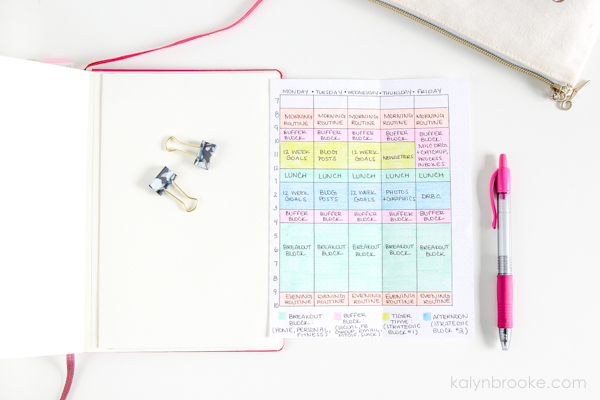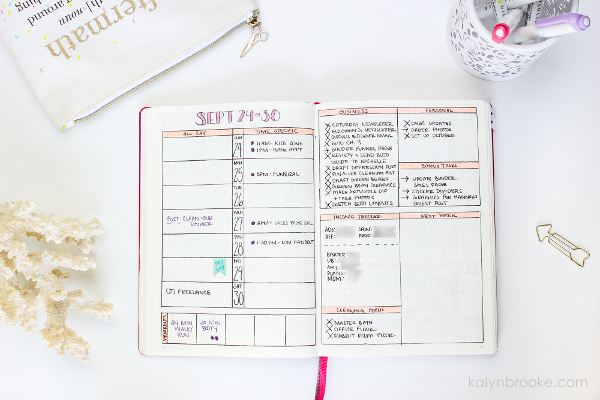For those of you that don’t know, EPQ stands for Extended Project Qualification and it is another subject taken on by many A Level students. Unlike regular A Levels it is a one year course that is equivalent to an AS Level and it requires around 90 hours of work and research with a product at the end. For many students they choose to write an argument based essay with their research looking at the different reasons for each sides. Other students may choose to produce a physical product (called an artefact), which may be a film or a sculpture or something similar based on a topic or style that they have researched.
1. Plan and organise your time
The project is almost completely independent work with the occasional check in from a teacher to make sure that you’re on track. This means that one of the most important things about writing an EPQ is time management; it is up to you to stage how you will research, plan and write your final essay so you need to make sure that you allow enough time to do it. This kind of self-directed learning is something that you often have to do at university, which is one of the reasons why it is so well-respected by university courses.

2. Choose your area of interest
My main advice for choosing an EPQ topic is making sure that it is something you are interested in. Your EPQ does not have to relate to your A Levels in any way at all and you need to be interested as you are going to spend a lot of time researching it. You can choose pretty much anything that you want and even though it may be better if it relates to a university course you want to do (for subjects like Medicine they may want to ask you about it during your interview), there is no restrictions on what you have to write about.

3. Think well before selecting a topic
We would also suggest a topic that you can write a lot about, after all you need to produce at least 5,000 words about it (1,000 if you’re producing an object rather than just an essay). Choosing an obscure topic may leave you with a limited amount of information which can make it difficult to construct your arguments. On the other hand, choosing a common topic is less likely to make your essay stand out to the examiner (who is the person you need to impress, after all). It also makes it easier if you can phrase your topic around a question; this typically makes it simpler to structure and essays of this style are typically more successful.

4. Keep a log of everything you do
In order to successfully write your EPQ, you need to keep a log of everything you do. The majority of the marks you get will come from your planning and research rather than the final product that you produce and present in your essay. Keeping a log means that it is easier to reflect on how well you carried out your research and also how well you have managed to pull off your original plans (or how you changed them if you found it wasn’t working). It is important to show the examiner that you didn’t haphazardly throw together an essay at the last minute, but instead you have spent time working on it and developing it.

5. Take your time when writing
Obviously you should also take your time when writing the essay. Whilst it may not be a large percentage of your marks, you still need to make sure that you take your time to get it right. Drafting it out and improving it two or three times is a good way to ensure that it is at a high standard, especially as you have the time to do this (unlike in exams where you sometimes have to construct an essay in 45 minutes).

At the end of the day an EPQ is a valuable way to prepare you for university, give you a chance to research what you enjoy and also potentially boost up your UCAS point score if you need to. It’s such an adaptable qualification that you can basically do anything you like with it so if your school offer it then you should definitely give it a go. The key points for being successful are to take your time and plan, keep organised and log everything you do (including the books, websites or your own research that you use) and also make it interesting. If you find it fascinating then hopefully the examiner will too!

